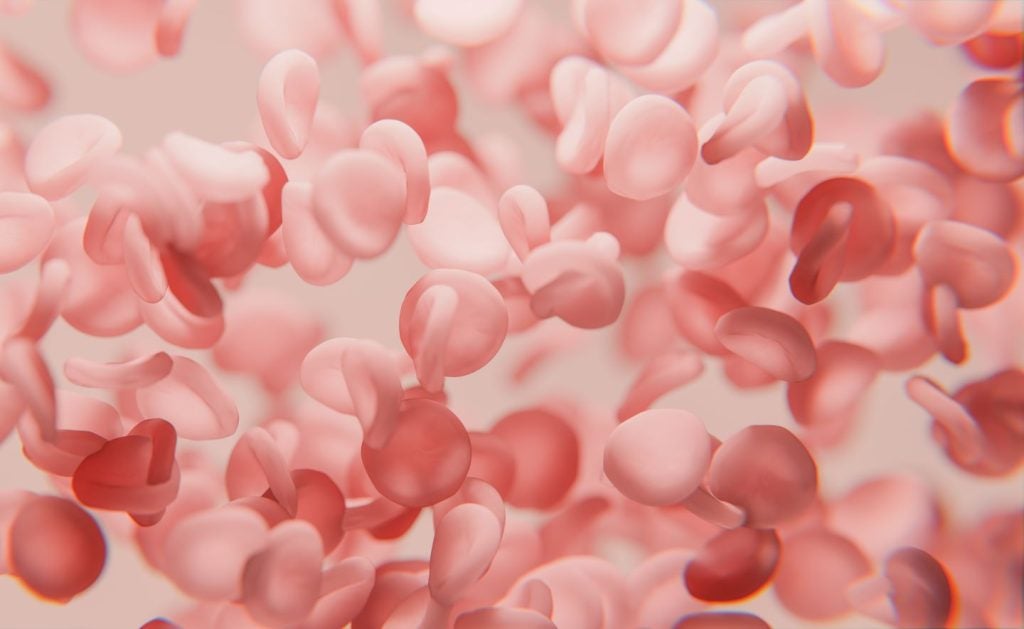Immatics has been left with the full rights to develop a bispecific molecule after its partner Bristol Myers Squibb (BMS) cut ties with the project.
BMS has handed back both the development and commercialisation rights for IMA401 to the biopharmaceutical company after a $150m upfront payment in 2021, with an expected $770m in milestone payments.
Immatics said the collaboration ended due to an ongoing portfolio prioritisation push by BMS.
The announcement comes as Immatics announces Phase I, proof-of-concept data for its T cell receptor (TCR) bispecific, TCER IMA401, at the European Society of Medical Oncology meeting, taking place in Barcelona, Spain, from 13 to 17 September.
The Phase Ia dose escalation study (NCT05359445) has enrolled 35 patients with solid tumours across 16 indications who are HLA-A*02:01 and MAGEA4/8-positive and had received a median of four and up to eight lines of prior systemic treatments.
As of a 23 July 2024 data cutoff, there was an objective response rate (ORR) of 29%, confirmed ORR (cORR) of 25%, disease control rate (DCR) of 53% and tumour shrinkage rate of 53%.
Immatics's chief development officer Dr Carsten Reinhardt said: “We are very pleased to observe initial anti-tumour activity, including durable objective responses, during dose escalation in a heavily pre-treated patient population and across several solid tumour types.
“As the clinical trial progresses, our goal will be to further leverage the potential of this product candidate by focusing on the enrolment of indications with high MAGEA4/8 target expression, such as lung and head and neck cancer patients, seeking to optimise the treatment schedule and also exploring the incremental clinical benefit available to patients through combining IMA401 with a checkpoint inhibitor.”
IMA401 is a bispecific fusion protein that acts by targeting cells expressing MAGEA4 and MAGEA8, both of which are expressed at higher levels in tumour conditions.
Current data supports a two-week dosing schedule but Immatics is hopeful to reduce this to once every four weeks.
Immatics also says that IMA401 has a manageable tolerability profile. More data is expected in 2025.
Immatics has several other drugs in the pipeline, including IMA402 and IMA203.
















